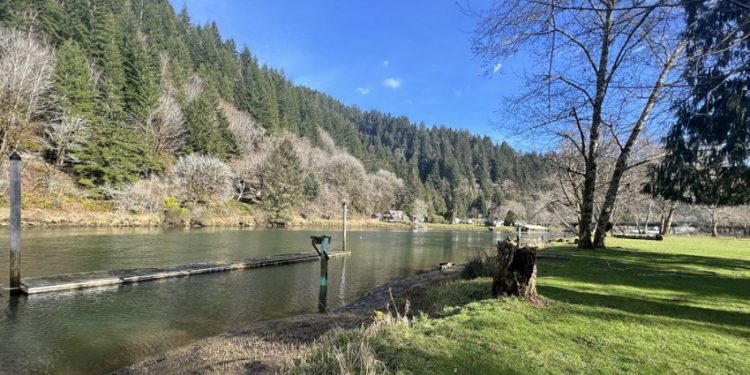Astoria, OR – Oregon cities and counties are increasingly calling for revisions to the state’s lodging tax law, seeking a way to better address the growing pressures on local services and infrastructure caused by rising tourism. Local governments have long collected lodging taxes from hotels, motels, and other short-term rental providers, but the landscape shifted in 2003 when the Oregon Legislature implemented a statewide lodging tax.
The statewide tax, while intended to boost funding for tourism promotion, came with restrictions on how the funds could be used. According to the law, at least 70% of the lodging tax revenue must be dedicated to tourism-related expenditures, such as marketing and facilities designed to attract visitors. The remaining 30% can be allocated for local discretionary spending, which gives municipalities some latitude to address other community needs. However, this division has led to growing frustration among local leaders, who argue that the restrictions prevent them from using the tax revenue to address the mounting challenges of maintaining infrastructure and services in areas experiencing heavy tourist traffic.
In cities and counties across the state, the pressure is building. Local roads, public safety services, and waste management systems are feeling the strain of increased tourism. As visitation grows, many communities are finding it harder to balance the economic benefits of tourism with the reality of maintaining the public systems that both residents and tourists rely on. The need for more flexible revenue streams to support these services is becoming more urgent.
In response, local governments are pushing for changes to the law that would allow more freedom in how lodging tax revenue is spent. Advocates of reform argue that while tourism promotion is crucial for maintaining Oregon’s image as a top tourist destination, the state’s lodging tax system needs to evolve in order to better support local infrastructure and public services. They suggest that a more balanced approach could help alleviate some of the financial pressure on local budgets, especially in tourist-heavy regions like the Oregon coast and Portland, where the demand for services is particularly high.
The push for change has sparked debate among state lawmakers, who are weighing the potential impacts of loosening the spending restrictions. Supporters of the current law warn that any shift away from the focus on tourism promotion could harm Oregon’s competitive edge in attracting visitors. However, proponents of reform argue that without addressing local infrastructure needs, the state risks compromising the very tourism experience that attracts visitors in the first place.
As discussions continue, local governments remain focused on finding a solution that strikes a balance between maintaining the state’s appeal as a tourism hub and ensuring the long-term sustainability of local communities. Whether or not the state will make adjustments to the law in the near future remains uncertain, but the growing calls for change signal that the conversation around Oregon’s lodging tax is far from over.













